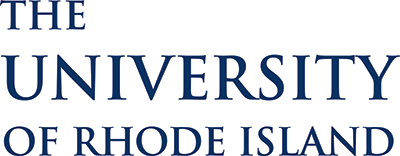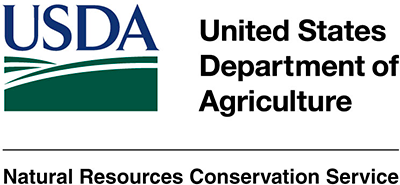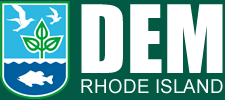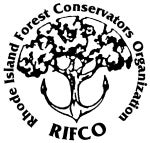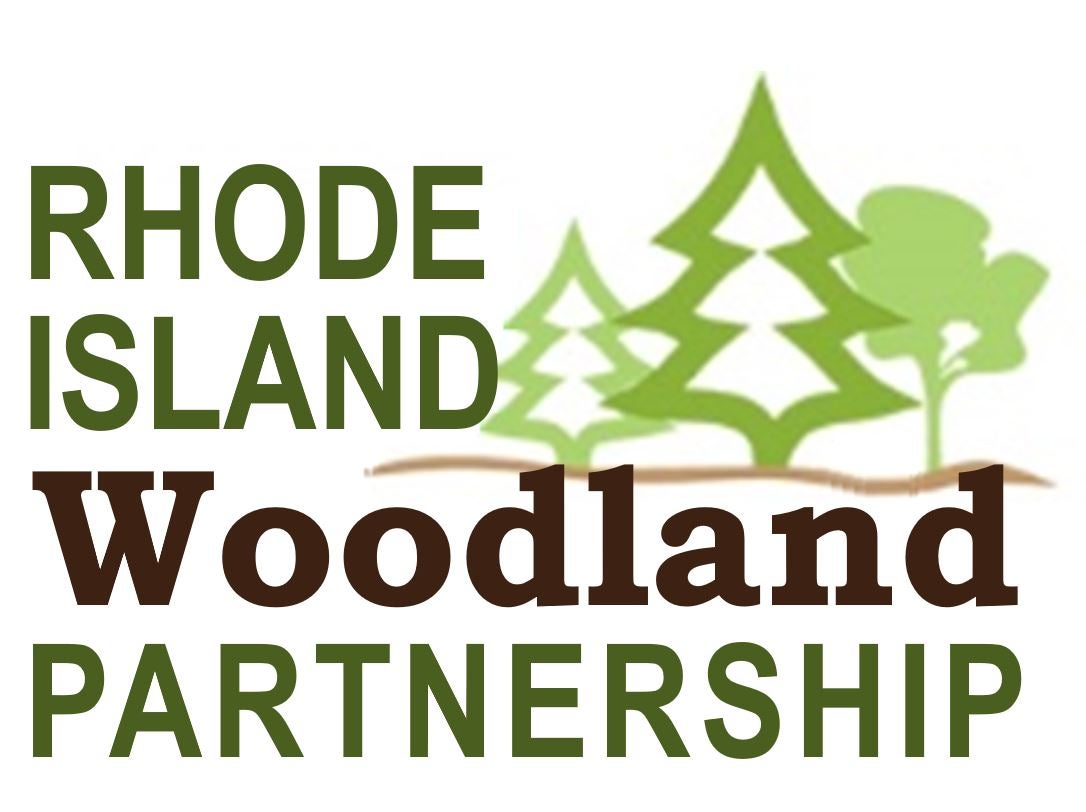Forests are a great resource, but must be handled with care. A poorly implemented harvest can create an unhealthy forest and diminish future timber values. Luckily, forestry professionals – or foresters – are here to help you plan a successful harvest and get the most out of your woodlot. A forester identifies which trees to harvest, the volume of timber to be removed, and how much income the landowner should receive. Foresters can handle your entire sale for you – from finding a buyer to hiring a logger to getting your logs to the sawmill. They will also help you to submit the necessary paperwork, such as “Intent to Cut”, and ensure that you adhere to all harvesting regulations.
Foresters have backgrounds in ecology, economics, legal issues, and sustainable harvesting practices. The combination of a college-level education and on-the-job training contributes to their expertise. Foresters can help you to inventory your natural resources, conduct Timber Stand Improvement (TSI), harvest timber, and make an estate plan, and they are also your number one resource for wildlife habitat improvement and other ecosystem service management. Hiring a forester will help you achieve your management goals and, most of all, keep you informed about your options.
To get started, contact the RIDEM Forest Stewardship Program Coordinator for free tips and information, or find a consulting forester working in you area. To learn about forestry regulations in Rhode Island, visit Policies and Regulations.
Why Do Foresters Talk The Way They Do?
We’ll admit, your first meeting with a forester might require a vocabulary lesson, but when it comes to your woods, these technical terms are essential to understanding and managing your resources. Sustainable management requires a complex analysis of your goals and resources, which results in a specialized management plan. To get a head start or learn more about Rhode Island’s forests, visit Fact Sheet 2 and the Glossary.

